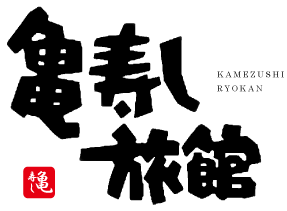What Does Agreement Mean in Kannada
2022年6月29日
When it comes to translating words and phrases from one language to another, it`s important to understand the nuances of both languages to accurately convey the intended meaning. In this article, we`ll explore the meaning of the word “agreement” in Kannada, one of the official languages of the Indian state of Karnataka, and how it can be translated into English.
In Kannada, the word for agreement is “ojjisu” (ಒಜ್ಜಿಸು). This term can be used to express a variety of concepts related to agreement, such as mutual consent, harmony, or compliance with a set of terms or conditions.
For example, if you were to say “nanage nimma ojjisu beku” in Kannada, it would roughly translate to “I need your agreement” in English. Alternatively, if you were to say “namma ojjisu illa” in Kannada, it would mean “there is no agreement between us”.
It`s important to note that the context and tone in which the word “ojjisu” is used can also vary its meaning. For instance, if someone were to say “ojjisu bekilla” in Kannada, it would mean “I don`t want to agree”, implying a certain level of disagreement or reluctance.
When translating the word “agreement” from Kannada to English, there are several possible options depending on the context. Common translations include “ojjisuva (agreement), sammati (consent), samanvaya (harmony), and anumodane (approval)”. However, the most appropriate translation will depend on the specific context in which the word is used.
In conclusion, the word “ojjisu” in Kannada can be used to express a variety of concepts related to agreement, from mutual consent to compliance with a set of terms or conditions. When translating this word to English, it`s important to consider the context and tone in which it is used to accurately convey its intended meaning.


